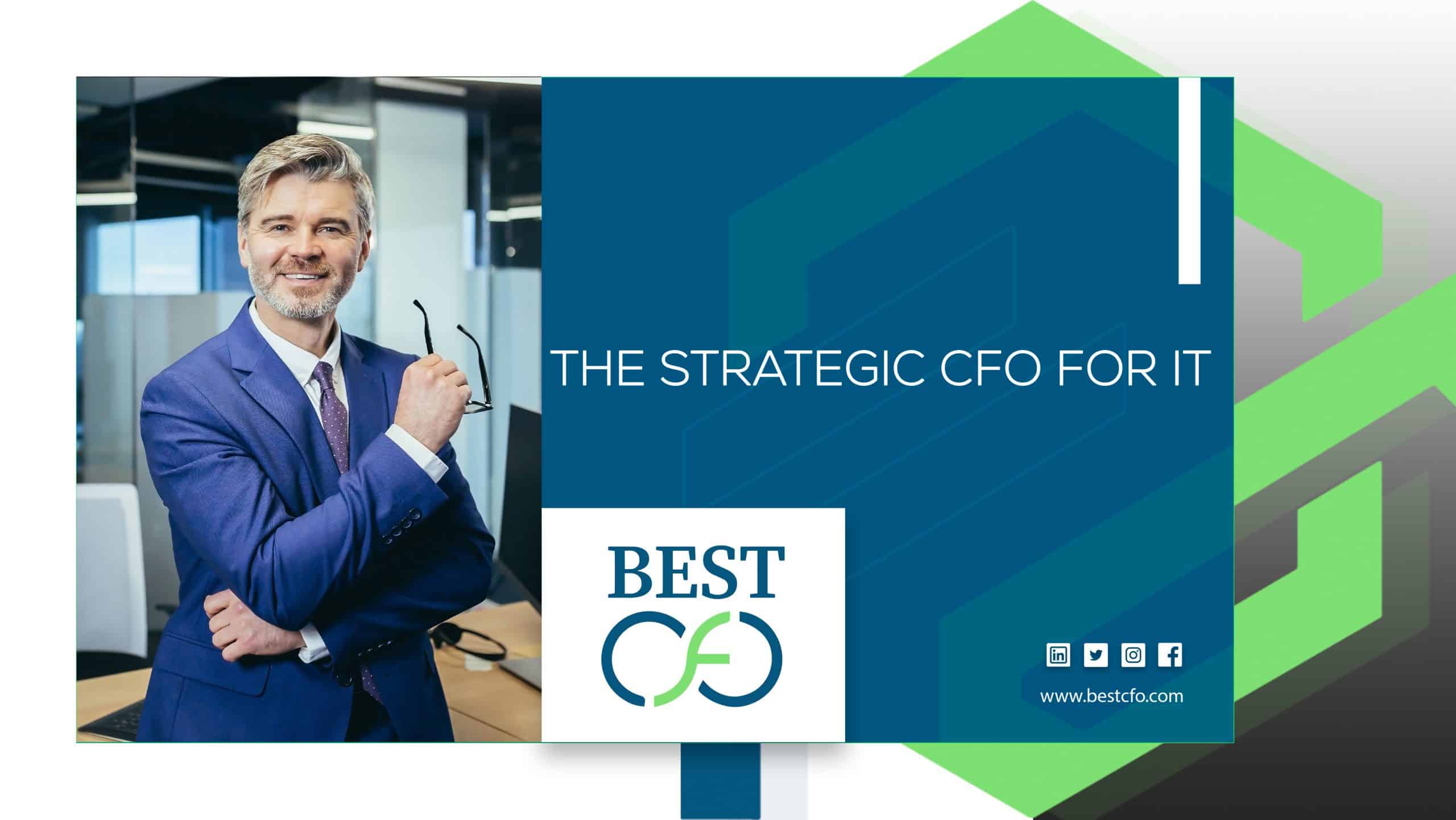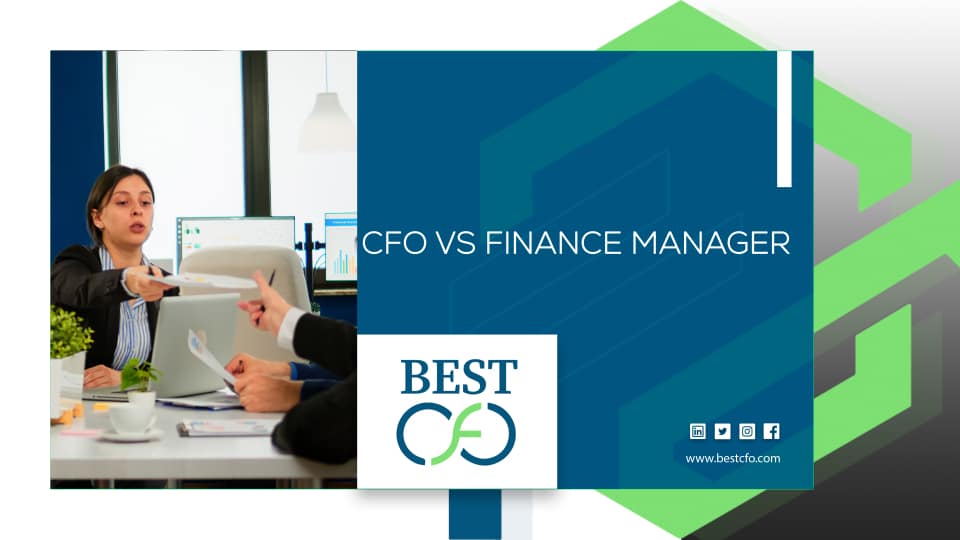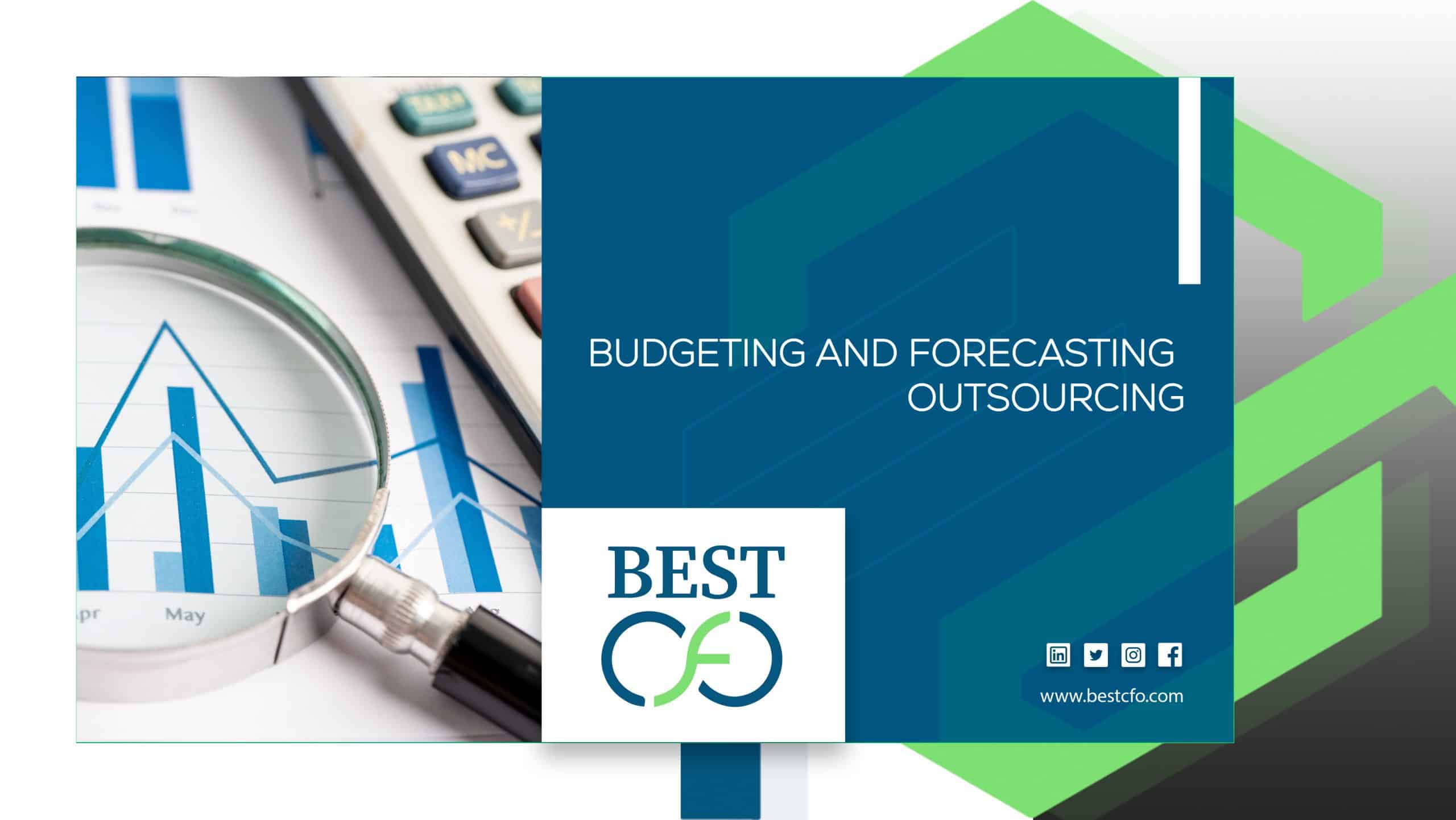
| Getting your Trinity Audio player ready... |
When Should You Outsource My CFO? – The Guide
Every business, no matter how small or big, needs strong financial leadership. That’s where a Chief Financial Officer (CFO) comes in. A CFO guides your company’s money decisions, builds financial strategies, and helps you stay ahead of risks.
But here’s the truth: not every business can afford or even needs a full-time CFO. This is where the idea of an outsourced CFO comes in. Instead of hiring someone permanently, you can outsource my CFO services to gain expert financial guidance on demand.
Businesses consider outsourcing financial leadership for many reasons—cost savings, flexibility, or simply the need for high-level expertise.
What Is an Outsourced CFO?
An outsourced CFO is a financial expert who provides part-time or contract-based leadership to a business. Unlike an in-house CFO, they aren’t full-time employees. Instead, you bring them in for specific projects, business stages, or ongoing financial management.
Key Differences from a Full-Time CFO
- Cost: Full-time CFOs earn high salaries with benefits, while outsourcing lets you pay only for what you need.
- Commitment: Outsourced CFOs offer flexibility—no long-term contracts unless you want one.
- Access: You gain high-level expertise without the overhead.
Common Services They Provide
- Financial strategy development
- Budgeting and forecasting
- Cash flow management
- Investor and board reporting
- Risk management and compliance
In short, outsourcing lets you get “big-company” financial skills without the big-company price tag.
Why Do Companies Outsource CFO Services?
Companies across industries are turning to outsourced CFO services for several reasons:
- Cost Savings – It’s far more affordable than hiring a permanent CFO with a six-figure salary.
- High-Level Expertise – You gain seasoned professionals who’ve worked with multiple industries and challenges.
- Flexibility – Perfect for startups, small and mid-sized businesses, or those growing quickly.
- Crisis Management – Whether it’s fundraising, restructuring, or financial recovery, outsourced CFOs step in when you need them most.
Outsourcing is no longer just a trend—it’s a smart move for businesses that want expert guidance without breaking the bank.
When Should You Consider Outsourcing a CFO?
Here is when you should consider outsourcing a CFO:
When Your Business Is Scaling Rapidly
Growth is exciting but also risky. An outsourced CFO helps you:
- Build strong financial strategies.
- Manage investor relations.
- Handle fundraising with confidence.
When You Lack In-House Financial Expertise
Not every small business has a finance leader. Maybe your accounting team is stretched thin, or you only have a bookkeeper. An outsourced CFO fills that gap, offering leadership your internal team can lean on.
When Facing Cash Flow or Profitability Issues
Declining revenue? Rising costs? These are red flags. A CFO can:
- Improve forecasting.
- Spot waste in operations.
- Help boost profitability with better planning.
When Preparing for a Major Business Decision
Big moves need expert eyes. Outsourced CFOs are valuable during:
- Mergers and acquisitions.
- Entering new markets.
- Planning IPOs or exit strategies.
When You Need Interim Financial Leadership
Sometimes, you just need a temporary solution:
- If your CFO suddenly leaves.
- If you need oversight on a specific project.
In these cases, outsourcing is the bridge that keeps your business running smoothly.
Who Can Benefit Most from an Outsourced CFO?
Not every business needs a CFO all the time. But outsourcing makes sense for:
- Startups & Early-Stage Companies – Access financial strategy early without huge costs.
- Small to Mid-Sized Businesses (SMBs) – Get expert guidance when growth or challenges appear.
- Companies in Financial Distress – Navigate through tough times with better planning.
- Businesses Undergoing Transitions – Funding rounds, restructuring, or expansion.
If you’ve ever thought, “Should I Outsource My CFO?”—these are the signs it could be the right step.

Which CFO Functions Can Be Outsourced?
Outsourced CFOs cover a wide range of functions, such as:
- Financial Reporting & Compliance – Keep everything accurate and up to standard.
- Budgeting & Forecasting – Plan for the future with reliable numbers.
- Risk Management & Internal Controls – Reduce surprises and protect assets.
- Investor & Stakeholder Communications – Present clear reports to gain trust.
- Tax Strategy & Optimization – Ensure you’re saving money and staying compliant.
What Are the Pros and Cons of Outsourcing a CFO?
Pros of Outsourcing a CFO
- More cost-effective than hiring full-time.
- Access to specialized industry knowledge.
- Scalable services—you only pay for what you need.
- Faster implementation of financial strategies.
Cons of Outsourcing a CFO
- They aren’t in the office daily, which may slow some decisions.
- Adapting to your company culture can take time.
- Relying too much on external help may create dependency.
How Do You Choose the Right Outsourced CFO Service?
Not all outsourced CFOs are equal. Here’s what to check before making your choice:
- Industry Experience – Have they worked with businesses like yours?
- Services Offered – Do they cover strategy, compliance, tax, and reporting?
- Pricing Models – Options like retainer, hourly, or project-based billing.
- Client Feedback – Look for testimonials or case studies to measure success.
Where Can You Find Reliable Outsourced CFO Services?
When you’re ready to Outsource My CFO, here are the common places to look:
- Fractional CFO Firms – Specialized in part-time financial leadership.
- Accounting & Advisory Firms – Often provide CFO-level services along with tax and bookkeeping.
- Freelance CFO Consultants – Platforms like Upwork or Toptal connect you with experts.
- Referrals – Industry peers can recommend trusted professionals.
What’s the Typical Cost of an Outsourced CFO?
The cost varies depending on your business size and needs:
- Hourly Rates – Typically between $150–$500 per hour.
- Monthly Retainers – Range from $3,000 to $12,000+ per month.
- Project-Based Pricing – Great for one-time needs like fundraising or restructuring.
When compared to a full-time CFO salary (often $200K+ with benefits), outsourcing can be a game-changer.
How to Transition from an Outsourced CFO to In-House (If Needed)?
At some point, your business may outgrow outsourced services. Signs include:
- You need constant, daily financial oversight.
- Your business has scaled to enterprise level.
- You’re preparing for complex deals or IPOs.
To transition smoothly:
- Ensure proper knowledge transfer.
- Retain your outsourced CFO as an advisor.
- Build an in-house finance team gradually.
Conclusion
Deciding “When should I Outsource My CFO?” comes down to your company’s stage, challenges, and goals. For many startups, small businesses, or companies in transition, outsourced CFO services provide the Best CFO expertise without the heavy cost of a full-time hire.
It’s a smart way to bring strategy, control, and confidence into your financial future—exactly when you need it.
FAQs
1: What does an outsourced CFO actually do?
They handle financial strategy, forecasting, cash flow management, reporting, and investor relations on a part-time or project basis.
2: How is outsourcing a CFO different from hiring an accountant?
An accountant handles daily bookkeeping and compliance, while a CFO provides big-picture financial strategy and leadership.
3: How much does it cost to Outsource My CFO?
Costs range from $150/hour to $10,000+ per month depending on business size, complexity, and scope of services.
4: Can startups benefit from outsourced CFO services?
Yes—outsourced CFOs help startups manage investor funding, budgeting, and scaling strategies.
5: What industries use outsourced CFOs?
Almost all industries—from tech and healthcare to retail and manufacturing—use outsourced financial leadership.
6: Can I switch from outsourced CFO to full-time later?
Absolutely. Many businesses start outsourced and later transition to in-house CFOs when growth requires it.
7: Where do I find the Best CFO for my business?
You can find them through fractional CFO firms, advisory firms, freelance networks, or peer referrals.
Related Posts
From Finance to Future-Proofing: The Strategic CFO for IT
From Finance to Future-Proofing: The Strategic CFO for IT Suppose a traditional CFO sitting at…
CFO vs Finance Manager: Choosing The Right One For You
CFO vs Finance Manager: Choosing The Right One For You The finance world can be…
Top 5 Reasons Why You Should Outsource HR
Top 5 Reasons Why You Should Outsource HR Outsourcing is gaining popularity among businesses looking…
Is Budgeting and Forecasting Outsourcing Beneficial?
Is Budgeting and Forecasting Outsourcing Beneficial? If you’re a small business owner or a large…
 Demos
Demos  Colors
Colors  Docs
Docs  Support
Support 









